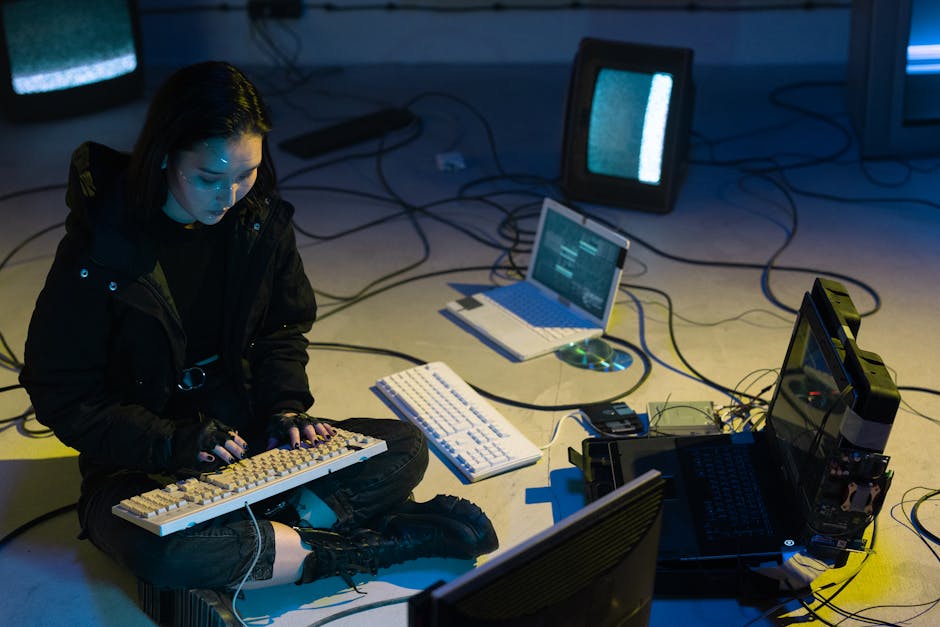
In an increasingly interconnected yet volatile world, the conversation around national security often revolves around military might and diplomatic maneuvers. However, a less visible but equally potent force is at play: the quiet, indispensable power of technological dominance. Japanese companies, holding a staggering 90% market share in critical, often unseen, technologies, are emerging not just as economic giants, but as a vital card for national security, actively protecting technology to deter war and holding the key to peace.
The Unseen Shield: Japan's 90% Market Share in Critical Technology
Imagine a global supply chain where a single nation holds a near-monopoly on essential components, advanced materials, or specialized manufacturing equipment. This isn't a hypothetical scenario; it's the reality of many sectors where Japanese companies excel. Their "technology is an important card for national security" because these core technologies are foundational to everything from advanced electronics and infrastructure to aerospace and defense.
This immense market share provides Japan with a unique form of leverage. By controlling the supply of these indispensable elements, Japanese companies indirectly contribute to global stability. The ability to protect these technologies isn't just about safeguarding intellectual property; it's about safeguarding international order. It ensures that critical infrastructure globally remains reliable and that the tools necessary for both innovation and defense are developed responsibly. This quiet strength allows Japan to "deter war" by making certain essential capabilities dependent on trusted sources, thus acting as "the key to peace."
Generative AI: A New Imperative for Domestic Production
As we look to the future, the rise of Generative AI introduces a new layer of complexity and urgency to national security discussions. This revolutionary technology, capable of creating text, images, code, and more, holds immense potential to transform industries, accelerate scientific discovery, and redefine human-computer interaction. However, its power comes with significant risks, making "domestic Generative AI essential."
The core concern here is the peril of "data contamination." Generative AI models learn from vast datasets. If these datasets are compromised, manipulated, or contain malicious biases, the AI models trained on them can produce outputs that are inaccurate, misleading, or even harmful. This "data contamination" could be exploited to spread disinformation, compromise critical systems, or even undermine democratic processes. For a nation's security, relying on foreign-developed AI with potentially compromised or opaque training data is an unacceptable risk.
Therefore, developing and deploying domestic Generative AI is not just about economic competitiveness; it's a strategic imperative. It ensures that the AI systems underpinning a nation's infrastructure, intelligence, and innovation are built on trusted data, adhere to national values, and are free from external manipulation. This commitment to secure, domestically produced AI is crucial for maintaining sovereignty in the digital age.
Japan's Proactive Stance: Securing the Future
The original news headline rightly points out that "Japan should tackle national security" with its unique technological strengths. This isn't just about military defense; it's a holistic approach encompassing economic security, data integrity, and technological resilience. By safeguarding its technological lead and investing in critical emerging areas like Generative AI, Japan is not only protecting its own interests but also contributing to a more secure and stable global environment.
For users and society, the benefits of this approach are profound. It means greater trust in the digital tools we use daily, from secure communication platforms to reliable automated systems. It ensures that the innovations driving our future are built on a foundation of integrity, free from hidden vulnerabilities or external manipulation. As Japanese companies continue to innovate and dominate in these critical sectors, they are not just building products; they are building the secure, prosperous future we all aspire to.
The silent strength of Japan's technological prowess, particularly in areas where it holds a 90% market share and its proactive approach to secure Generative AI, underscores a powerful truth: the future of national security and global peace will increasingly be shaped not just by conventional power, but by the innovators who control the keys to critical technology.
Comments
Post a Comment